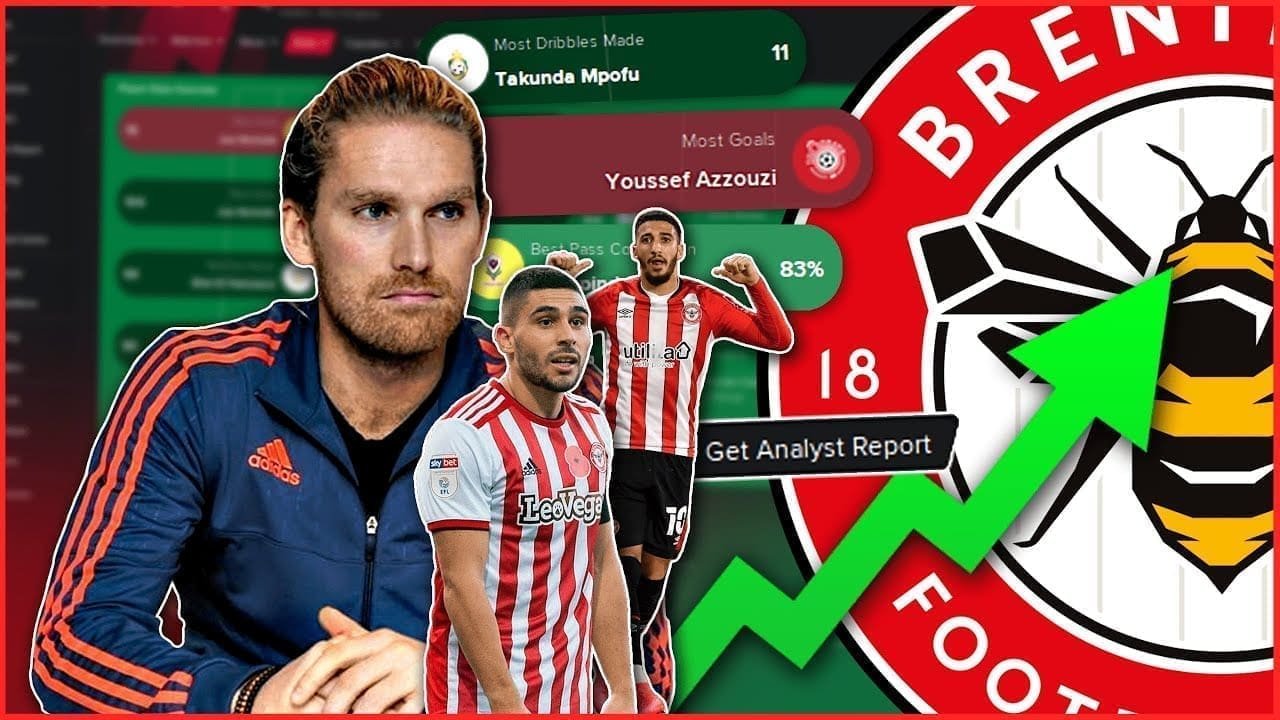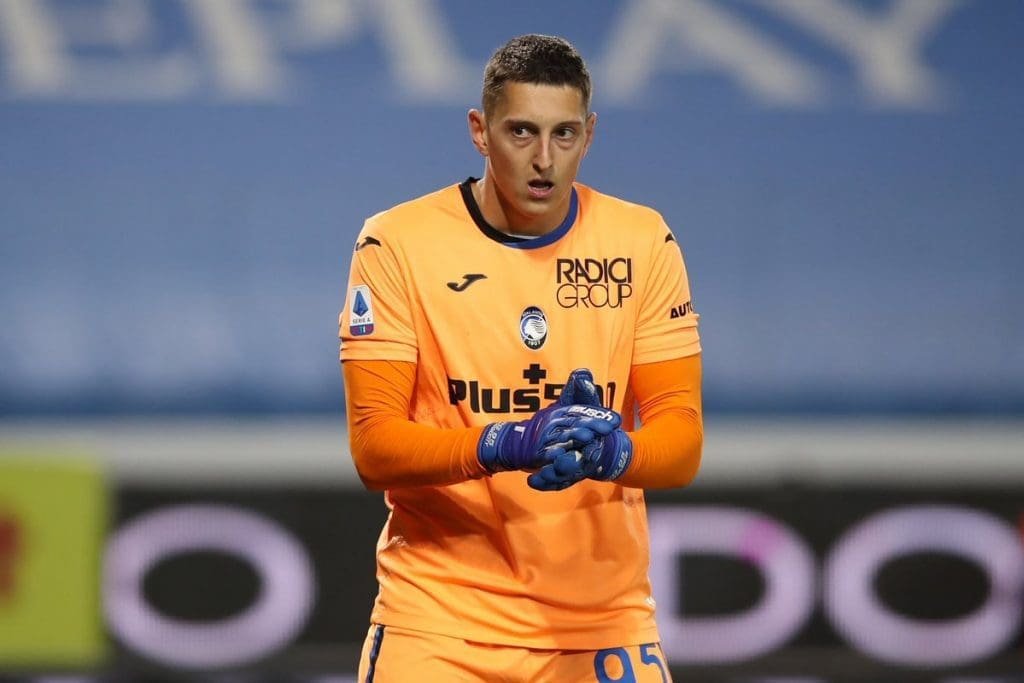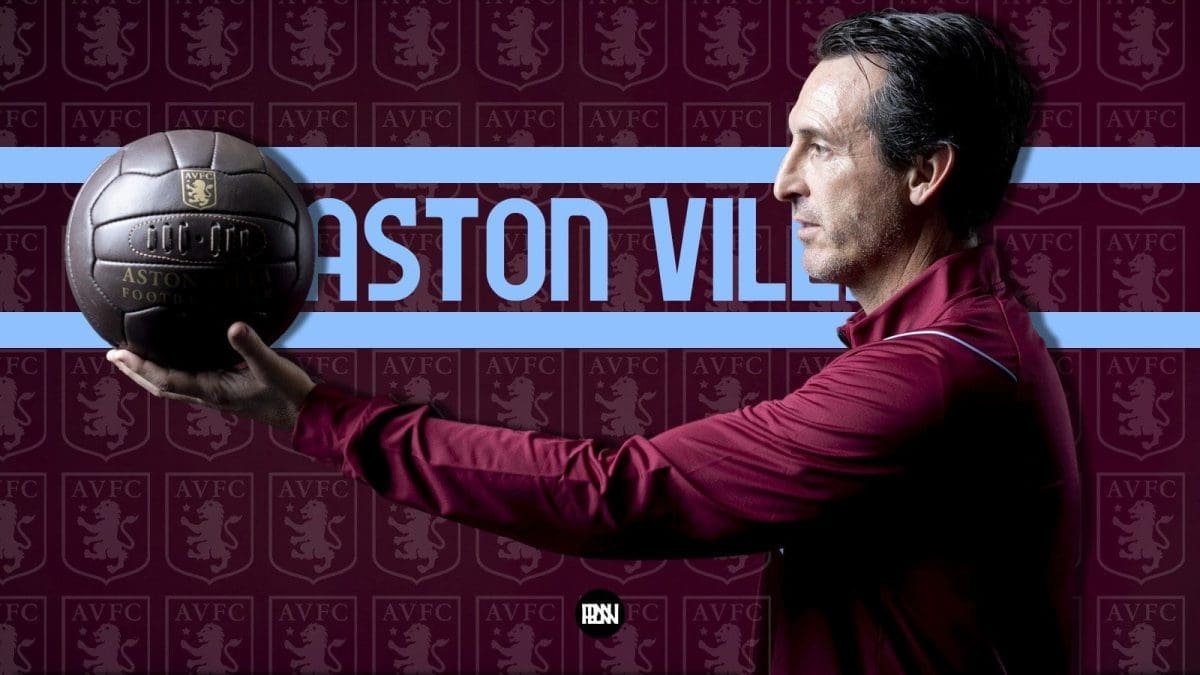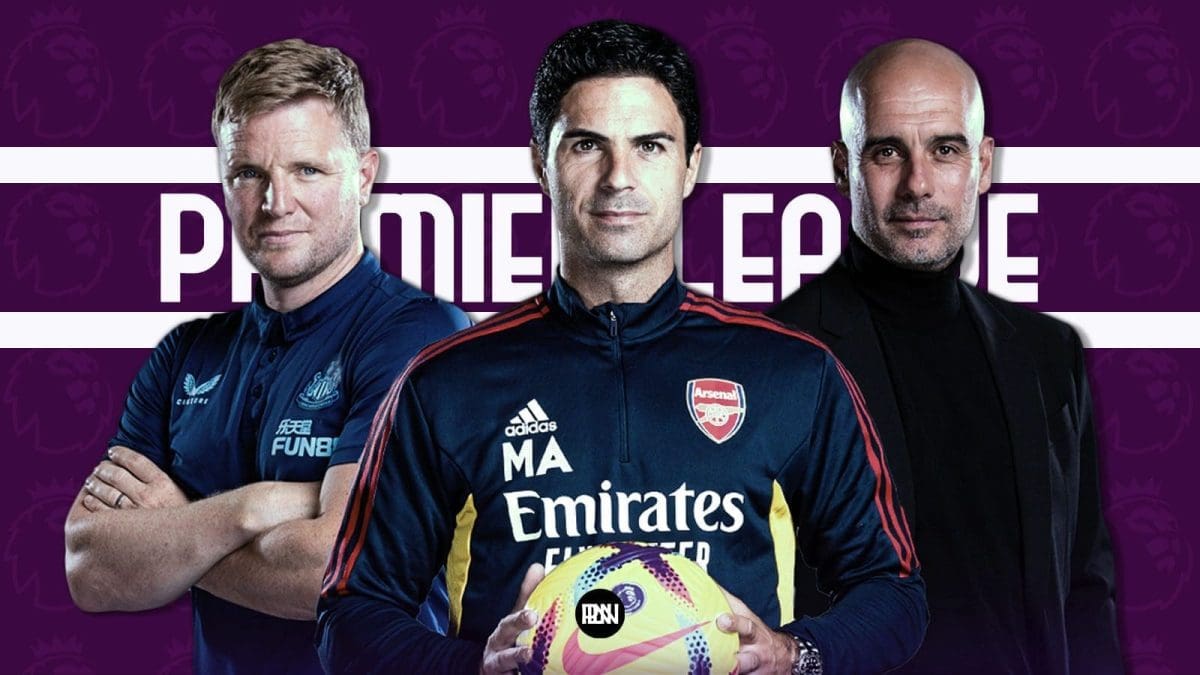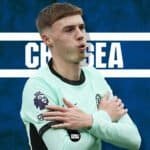Over the years, several teams have joined or have been promoted to the Premier League while there have been a fair share of clubs who have also been relegated. However, Brentford, who finished 3rd in the Championship last season and won the play-0ff final just over a month ago, might be the most interesting team to watch next season, purely because of how the club functions and its ideologies.
Lee Dykes, who has been the head of the player recruitment department at Brentford for a little over 2 years recently talked about the process of player selections and the long-term goals of the club. In recent seasons, the clubs that are promoted to the Premier League have either over exceeded expectations and have finished in the top half of the table, or they have been relegated back to the Championship.
Dykes, however, feels that there is no ceiling when you enter the Premier League while he also understands that nobody becomes a top club overnight. It is a race, not a marathon, and that is clear to everybody at Brentford, including club owner Matthew Denham, who is the biggest proponent of Brentford’s model and how it has shaped over the years.

“Do we want to be the proverbial mid-table team?” asks Dykes “We think with our structure and our people, we can be a great addition to the Premier League. We will strive to get better every game, hopefully, surprise a few.
“There’s no time scale, and listen, it’s going to be tough. Of course, it is. We might get beat 8-0 by Man City but we might beat Southampton 2-1. That’s where we are with things. We are also OK if we come back down — we’ll be thinking about going back up. It may take five years and two relegations to become established, but that is, longer-term, the aim.”
Thus, it is clear that Brentford are believers but realistic believers at that. Thus, let us dive into Brentford’s model of player selection and recruitment and how it all starts.
Data-driven and lots of it:
Underlying data > actual performance. Brentford knows how to develop players, and maximize their best qualities. Moreover, it is also about fitting the player to your club. Barring Messi & Ronaldo, no player can adjust to every system. The message for Dykes from the beginning was ‘If the recruitment is good and the coaching is good, then we can get there. Dykes went on to talk about how the club was when he came and how he used his lower league experience into a club that wanted to reach the Premier League one day.
“I back myself, so I came in. I found it very difficult at first. I was going from low-level football to European scouting. I had to get to that level. But that low-level knowledge was key because there are some good players down there.
“I was coming in during a hectic period. There was a collective understanding that we needed more experience, and a lot of the signings in 2019 were not Brentford-like. Our reasoning was that if you sell Konsa and Mepham, both for £12 million, that’s all good. But it leaves you with two young players next to each other. If you stuck an experienced player in between them — and Brentford were playing three at the back — you might have to pay £4 million, but the other two will be sold for £15 million because they will improve, the team will concede fewer goals. If you have four or five experienced players, your other younger assets will rise in value because you’ll finish higher up the table, and you become better”.
Players like Said Benrahma, Ollie Watkins, Neal Maupay do not originate out of thin air and secure nearly £30 million pound moves to the Premier League. All three players were part of the Brentford system, who were eventually sold for excellent profits. Dykes talked about how deep Brentford penetrate to discover players, the moment they knew their plan was working, and their talents and abilities, and the ’16 positions’ theory.
“In 2020, when we lost in the play-off final to Fulham, there was a nice consolation to take in £32 million for Watkins and £25 million for Benrahma. Both record values. But if we hadn’t finished near the top, Ollie would have gone for, say, £12 million, Said as well. The bids at the time reflected that — in 2019, other Premier League clubs were in for Ollie Watkins at a third of that amount. It just showed that what we planned had worked.”
“When I came in I had to bring something to the table because Brentford were very good at recruitment,” he says. “Part of the remit was aligning thinking across structure and process. I had to get everyone thinking the same and I do believe there are 16 positions on the pitch. For example, there’s an 11 and an 11A. It’s a left-winger — the 11 is Ryan Giggs, outside, left-footed; the 11A is Cristiano Ronaldo when he was on the left, coming inside and playing almost like a striker.
“I built this system because it’s too easy for scouts to say, ‘There’s the top three wide players’. No, because in the past two seasons and the one before, Brentford have changed formation at critical points. The 16 positions mean we’re never caught out. So all of what we do is tailored towards that. If I click on South America, we have the best players in all 16 positions, if we switch to Germany or Asia, it’s all there. Right down to the Isthmian League. There are roughly 765 players in that league and we can tell at any time how they are doing.”
Player Scouting; Signing Ivan Toney; Role of a sporting director:
This is the tip of the iceberg, but this is exactly how Brentford signed Ivan Toney, who scored 31 goals in 45 games last season and was the top goal scorer in the Championship. Dykes talked about how the club recruited Toney for £5 million in 2020, but how he had his eye on the forward since his Northampton debut in 2012.
“Biological age is something we take into account of course,” Dykes says. “But there is an assessment to be made in terms of maturity. Let’s leave the physical aside and ask: ‘Is this player ready to be a professional footballer?’. It’s a question people don’t ask but it’s key. Is a player ready to play away at Elland Road? It’s part of football, a massive part. We defend zonally, so if it’s a defender we’re looking at, we’re asking if they can take that on board. People underestimate how hard it is to be a professional footballer.
“At Brentford, we have logistics people to help players settle. Our motto is happy off the pitch, happy on it. It’s no coincidence that it clicked for Ivan at Peterborough when his son was born. Something happened in his life that made him knuckle down. ‘I’m ready to be a professional footballer at a high standard’. That’s why we moved for him.”
Spending money is easy, being clever about it is the hard part. There are wealthy people all over the world and while Matthew Benham denies also being a part of that small pie in this large world, he wants to splash the cash on players who they can develop and make a part of the Brentford identity. The goal is to reach the top, but there will be a lot of turnover. Dykes is aware that players have a short playing life, and everybody wants to win trophies. This, however, has not stopped them from signing Toney down to a contract that extends until June 2025.
Ollie Watkins went for £30 million when he had lesser years on his contract and while Brentford were in the Championship. Imagine the money they can raise from Toney. However, raising money is well and good until you know how to use it, where to use it, and if its usage has been efficient. Dykes keeps track of all these things and more. People outside of football feel that the job of a sporting director is a desk job and something retired players take up after the end of their career. Dykes is an example of the fact that nothing could be further from the truth, which is that a sporting director is responsible for how a team looks at the start of the season.
It is also true that the extent of the job differs from club to club, but Brentford’s way of thinking stems from its charismatic owner in Matthew Benham. As Dykes says: “It’s Matthew’s way of thinking. We were one of the first clubs to employ a throw-in coach, a set-piece coach, we were the first to employ a sleeping coach. We teach young players how to cook. We have all these things that we plough into individual development.”
Thomas Frank and Brentford’s Rise to the Premier League:
While most Premier League fans might not be aware of Brentford’s manager Thomas Frank, people around the club will know the work Dane put in to bring Brentford to the big time.
Like players, Thomas Frank was also recruited by looking at underlying data than the results. Frank was known for his exploits with the Denmark U-16 and Denmark U-19 team but it is Brondby IF where the Dane’s career took off as he managed 104 games and averaged 1.62 points per game. Not too shabby, but lots of potential to exploit. Brentford, thus, recruited Frank into the plans and made him the assistant manager to Dean Smith in 2016.
Thomas Frank was then made manager in 2019 when Dean Smith left to join the newly-promoted Aston Villa. Today, Frank’s average is 1.71 points per game, but it was not all easy going when he was first made head coach as Dykes recalls.
“They’re a strategy-driven club, which was geared towards achieving promotion to the Premier League. That was the basic aim — it was a lot more detailed than that. These men have a plan, which is different from others I’ve met who think they have a plan. Rasmus and Phil are two unbelievable people — with a plan. They do not deviate from it, and they trust people. They’d been at the club for around four years by 2019, and they’ll tell you, their first couple of years were fire-fighting. They’d try to change people a little bit. In the season before I arrived, of Thomas Frank’s first 10 games, they’d lost eight. But the data was saying they were performing well. I was so intrigued. Everything I’d studied, Brentford were doing it. I was sold.”
Their rise to the Premier League was bound to happen, but that did not take away from the fact what it meant to Matthew Benham & co who have invested in the club for nearly 10 years and will reap the profits this season due to the mega-money deals the Premier League offers to its participating clubs.
Brentford have not been a part of the Premier League since 1947, two years post the end of the Second World War. It has not been easy, and it was never going to be. Numbers have been crunched, data has been formulated, and the scouting has been done tirelessly. Benham knew that one does not get to be among the Top 20 clubs in England by sitting on one’s laurels. It takes hard work, countless hours on the pitch, off the pitch, and for Brentford, even in front of the computer that would point out a player’s best qualities.
Technology has made it possible for Brentford to be here, but machines are nothing without a man’s sense of using it to his advantage. Benham did so, as did Dykes, and as have the club’s co-football directors in Rasmus Ankerson and Phil Giles, key orchestrators in Brentford’s rise to the Premier League.
On paper, it is easy to say that Brentford played 46 games last season, secured 87 points, finished 3rd, and won the play-off final against Swansea to get to the Premier League. This takes away from the success behind the scenes, and the work the club has put in for the last 10 years. The smiles on their faces was unfathomable, and one can only imagine what it must feel like to see the club you were working at has reached the Premier League after a 74-year wait.
Brentford will now take on Arsenal, the third biggest club in England in terms of trophies and one of the most historic in the country, but lack the ideology that has led Brentford to playing them in a month’s time on August 14th.
This is Brentford’s story, and they are keen on adding several more chapters to this glorious novel of theirs. The Premier League has welcomed several clubs in its 30-year history, but it will take some time before it welcomes one like Brentford again.
But for the time being, it is over to Brentford to show if they can walk the talk in the biggest football league in England.


